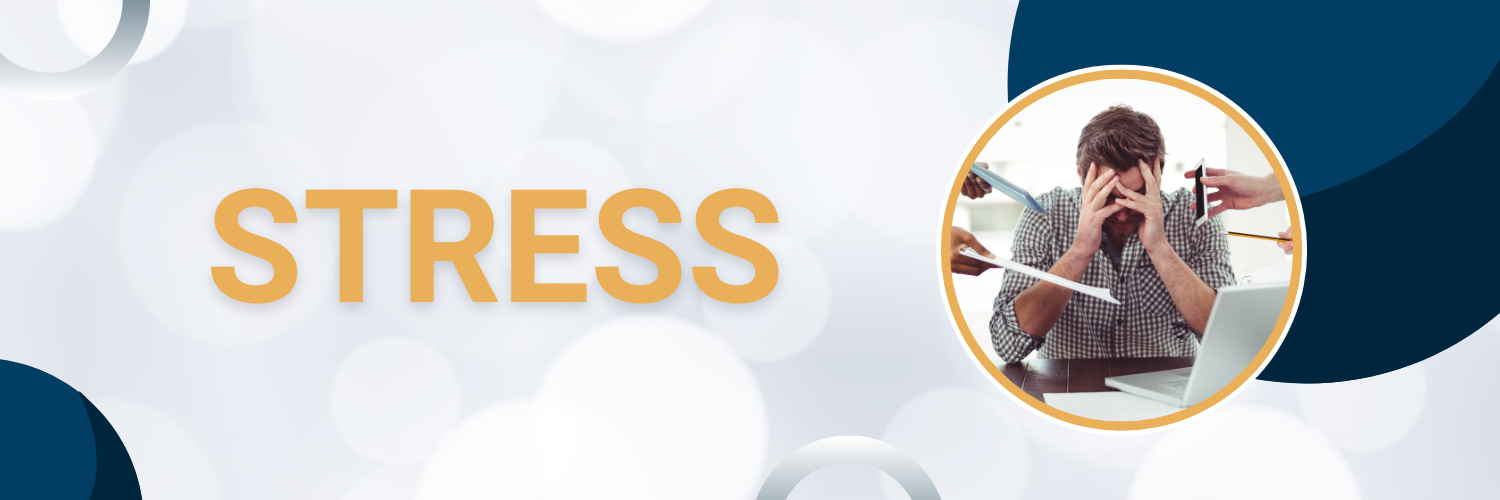

Headaches
Understanding Headaches: Causes, Types, and
Remedies
Introduction:
Headaches are one of the most common
health complaints worldwide, affecting people of all ages. While they can be a
minor inconvenience for some, they can significantly impact the quality of life
for others. Understanding the various types of headaches, their causes, and
effective remedies is crucial for managing and preventing them. In this
comprehensive guide, we’ll delve into everything you need to know about
headaches.
Types of Headaches:
1. Tension Headaches:
–
Description: Tension
headaches are the most common type and often feel like a tight band around the
head.
–
Causes: Stress, poor posture, lack of sleep,
and anxiety are common triggers.
– Symptoms: Dull, aching
pain, often on both sides of the head, accompanied by muscle tension in the neck
and shoulders.
2. Migraine Headaches:
– Description: Migraines are
neurological in nature and can cause severe throbbing or pulsing pain, often on
one side of the head.
– Causes: Genetic factors,
hormonal changes, certain foods, bright lights, and loud noises can trigger
migraines.
– Symptoms: Intense pain,
nausea, vomiting, sensitivity to light and sound, and visual disturbances
(auras) in some cases.
3. Cluster Headaches:
– Description: Cluster
headaches are excruciatingly painful headaches that occur in clusters or
cycles, often at the same time of day or night.
–
Causes: The exact cause is unknown, but
abnormalities in the hypothalamus and changes in serotonin levels may play a
role.
– Symptoms: Intense pain,
usually around one eye, accompanied by redness, tearing, and nasal congestion.
4. Sinus Headaches:
– Description: Sinus
headaches result from inflammation or infection in the sinuses and are often
accompanied by congestion and facial pressure.
–
Causes: Sinusitis, allergies, colds, and
other respiratory infections can trigger sinus headaches.
– Symptoms: Pain and pressure
in the forehead, cheeks, and nose, worsened by bending forward or lying down.
5. Rebound Headaches:
– Description: Rebound
headaches, also known as medication-overuse headaches, occur when overused pain
medications lead to a cycle of recurring headaches.
– Causes: Overuse of pain
relievers, particularly those containing caffeine, aspirin, or acetaminophen,
can trigger rebound headaches.
– Symptoms: Headaches that
worsen with medication use, often leading to a need for increasing doses for
relief.
Causes of Headaches:
– Environmental Factors: Bright lights, loud noises, strong odors,
and changes in weather can trigger headaches.
– Lifestyle Factors: Poor posture, lack of sleep, skipping meals,
dehydration, and excessive caffeine or alcohol consumption can contribute to
headaches.
– Medical Conditions: Underlying medical conditions such as
hypertension, hormonal imbalances, sinus infections, and head injuries can
cause headaches.
– Genetic Predisposition: Some individuals may have a genetic
predisposition to certain types of headaches, such as migraines.
Remedies and Management:
1. Lifestyle Modifications:
– Practice stress management techniques like meditation, deep breathing,
or yoga to reduce tension.
– Maintain good posture and take regular breaks from prolonged sitting
or screen time.
– Ensure adequate hydration, nutrition, and sleep hygiene.
2. Over-the-Counter Medications:
– Non-prescription pain relievers such as ibuprofen, acetaminophen, or
aspirin can provide relief for mild to moderate headaches.
– Always follow the recommended dosage and avoid overuse to prevent
rebound headaches.
3. Prescription Medications:
– For severe or chronic headaches, a healthcare provider may prescribe
medications such as triptans (for migraines), preventive medications, or
corticosteroids (for cluster headaches).
4. Alternative Therapies:
– Acupuncture, massage therapy, chiropractic adjustments, and
biofeedback techniques may help alleviate headache symptoms for some
individuals.
– Herbal supplements like feverfew, butterbur, and magnesium may also be
beneficial for preventing migraines.
5. Identifying Triggers:
– Keeping a headache diary to track potential triggers such as foods,
environmental factors, hormonal changes, and stressors can help identify
patterns and avoid future headaches.
Conclusion:
Headaches are a common ailment with
various causes and triggers. By understanding the different types of headaches,
their underlying causes, and effective management strategies, individuals can
take proactive steps to alleviate pain, prevent future episodes, and improve
their overall quality of life. Always consult with a healthcare professional
for proper diagnosis and personalized treatment recommendations.

